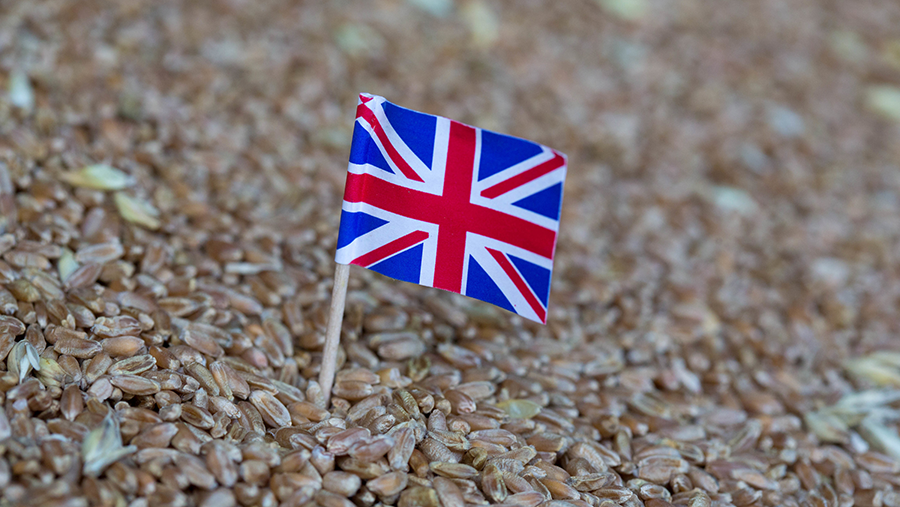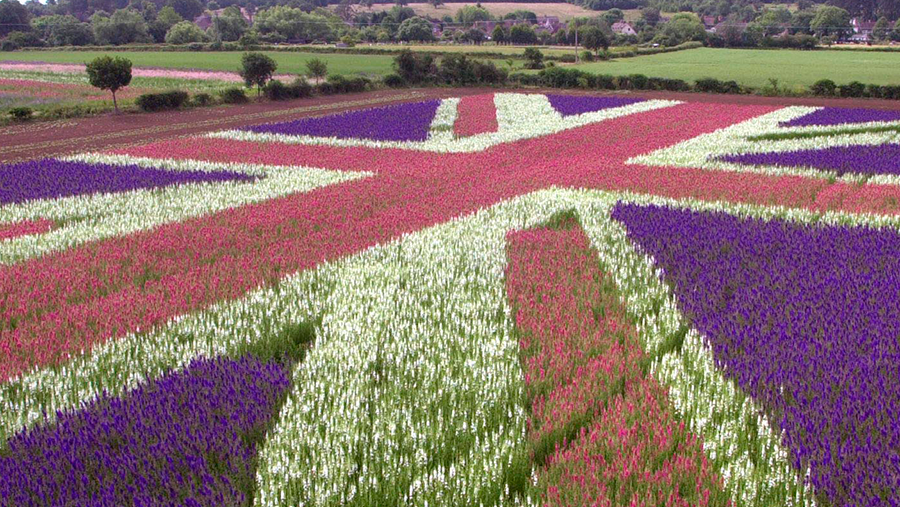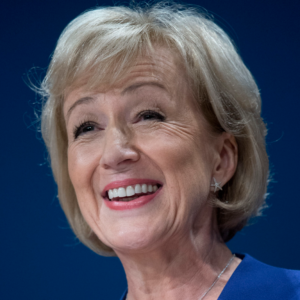21 questions Defra must answer on Brexit
The Labour Party has asked the government to answer 170 questions about what Brexit will look like before the Article 50 exit clause is activated.
The questions cover a range of topics from the single market, trade arrangements and immigration, and how payments to farmers could be replaced.
Agriculture is predicted to be one the UK industries most affected by Brexit, as it relies heavily on unfettered access to the single market, subsidies from the EU’s Common Agricultural Policy and migrant labour.

© Tim Scrivener
See also: NFU prepares ‘bold and ambitious vision’ for farming
Accordingly, Defra is assessing the impact leaving the EU will have on the farming sector.
The Treasury has committed to funding agriculture to the same level until 2020, providing certainty for farmers. But after that, everything is still all to play for.

© Brian Bould/Daily Mail/REX/Shutterstock
Farmers Weekly has put together a list of our own 21 essential questions on Brexit we would like answering from new Defra secretary Andrea Leadsom and her department.
- Are farmers going to continue to have full free access to the single market?
- Will farmers receive any kind of direct payment post-2020?
- Without direct payments, what other kinds of support will be available to farmers?
- Will the government offer any help to deal with market volatility?
- Does the government prefer a “broad and shallow” approach to environmental delivery, or more targeted (and hence more complex) schemes?
- Does the government support the idea of increasing food self-sufficiency post-Brexit, or just leave it to the market?
- What is Defra doing to ensure farming and rural issues are heard at the negotiating table? Is it building a team of people to communicate these issues?
- What is Defra doing to communicate with the Treasury on what support farmers need?
- What influence does Defra have on the Brexit negotiating team led by Brexit minister David Davis?
- Will Defra reinstate migration arrangements post-Brexit, such as seasonal worker schemes, to help farm businesses heavily dependent on EU migrant workers?

Andrea Leadsom © Geoff Pugh/REX/Shutterstock
- Will the government seek to maintain, increase or cut import tariffs on food from other countries?
- Would Defra consider imposing restrictions on cheap imported food produced to lower safety, welfare and environmental standards?
- What will happen to trade when we leave the EU, but we still have not tied up any specific trade deals?
- Will any farm products be granted “protected status” to limit the volume of competing imports?
- Will farmers see a move back to a more risk-based rather than hazard-based approach to pesticide legislation?
- Will agricultural research see a rise or fall in the levels of funding post-Brexit?
- How does farming rank in importance alongside industry and financial services?
- Has Defra got the resources to make a strong case for farming?
- Will the UK government be able to make any strong alliances (for example with Ireland) to get a better EU trade deal out of Brexit?
- What kind of trade-offs will the government make in securing a deal, and will agriculture be side-lined?
- Theresa May wants the UK to be “the freest market in the world”. What will that mean for farming?
If you have any burning questions you would like us to put to Defra on behalf of Farmers Weekly, email philip.case@rbi.co.uk
